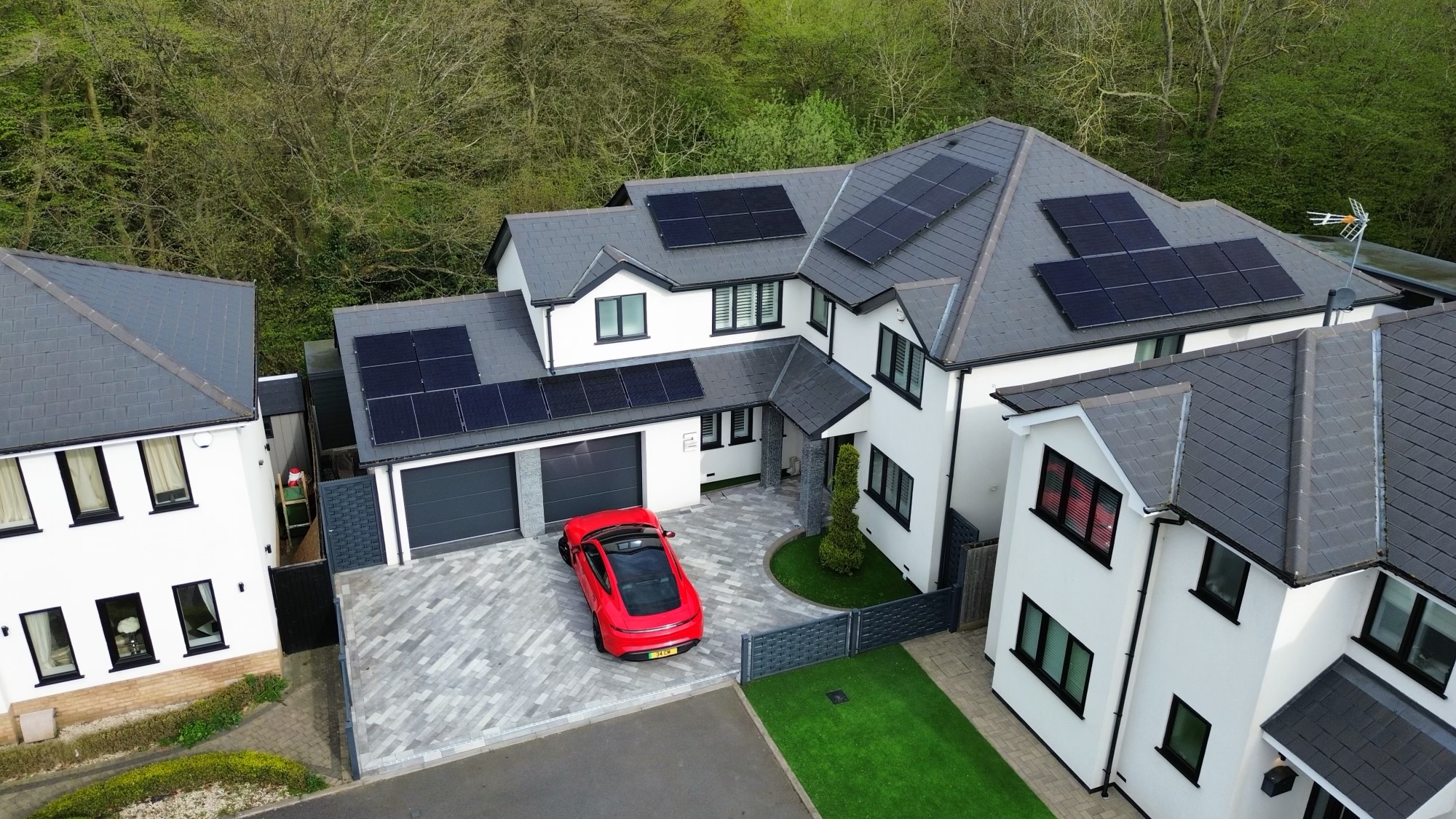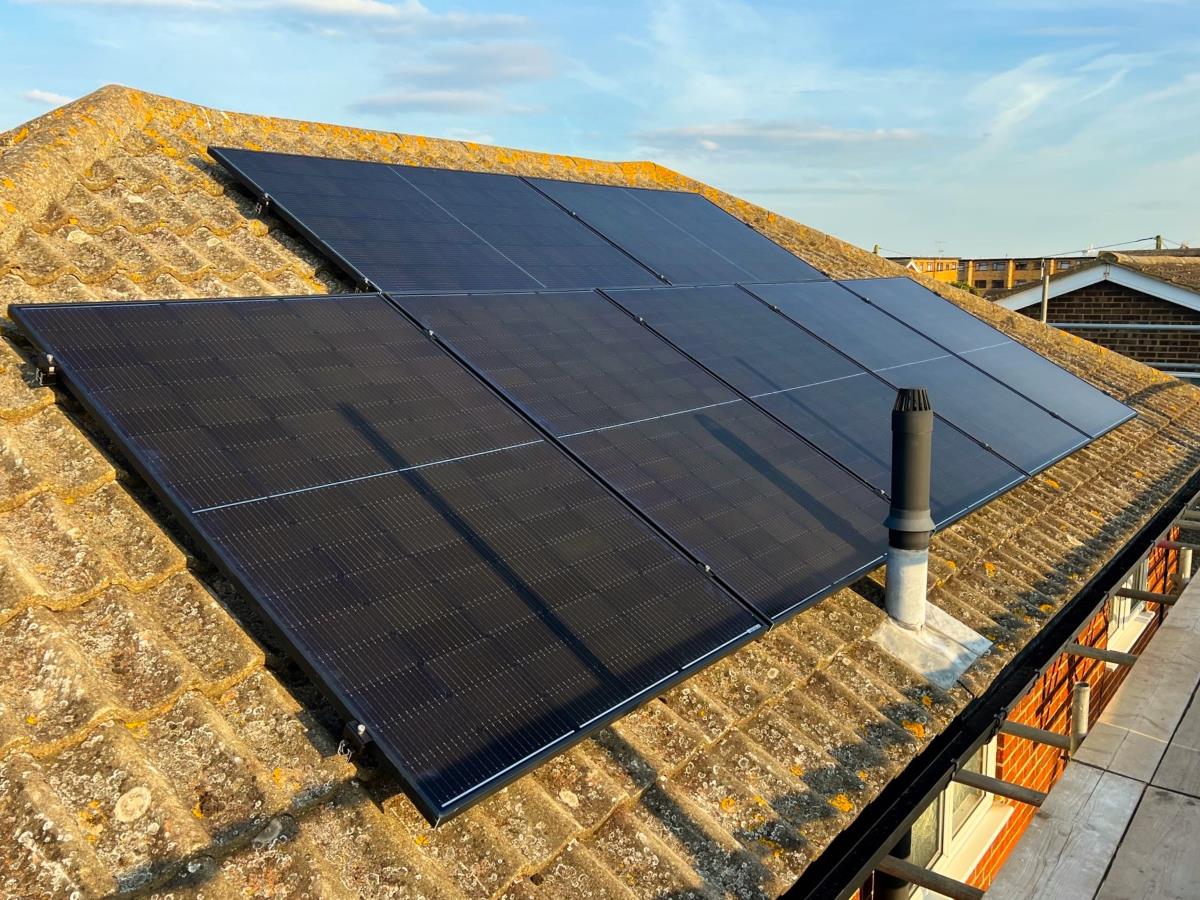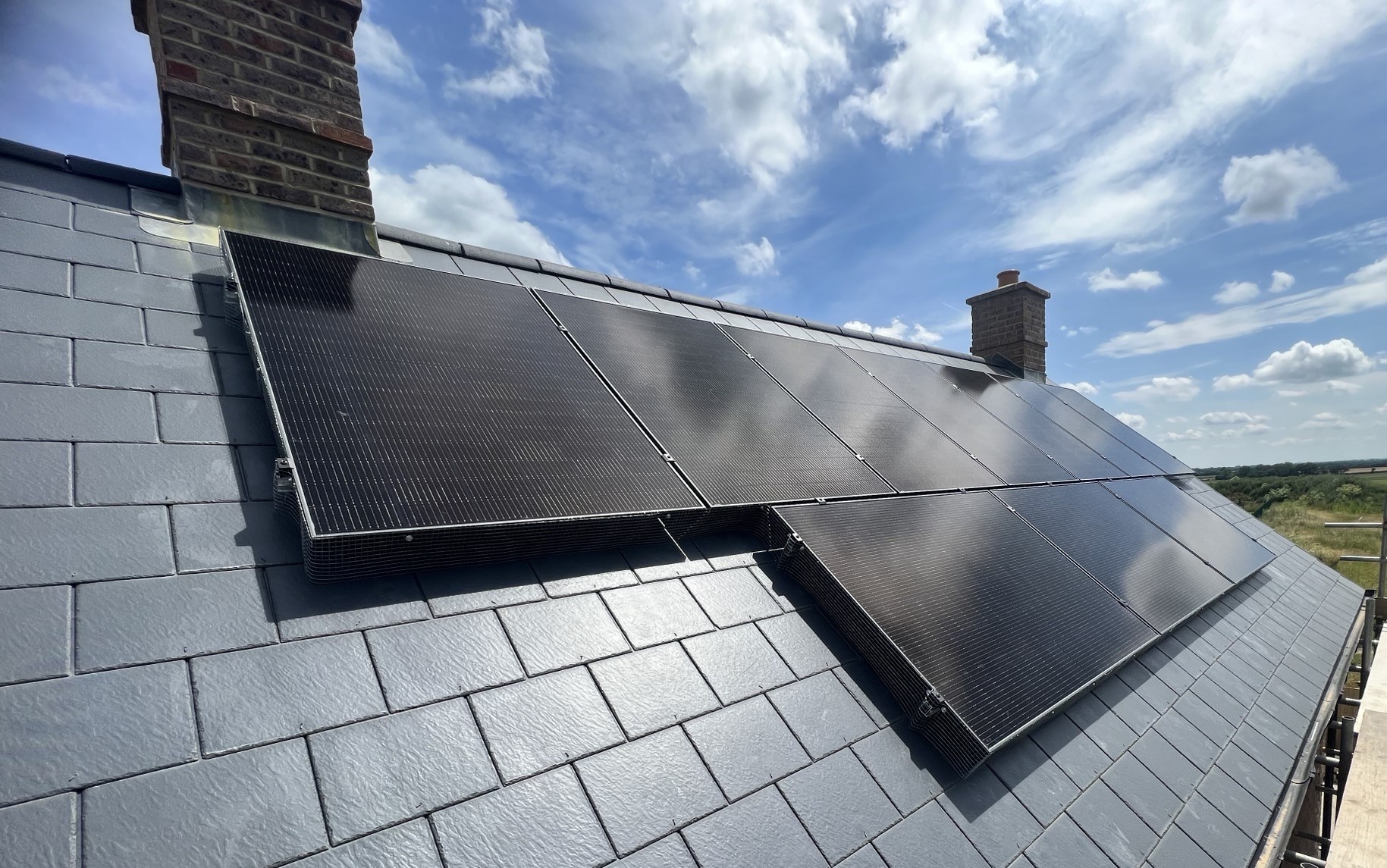History of solar panel grants and schemes
The solar industry and transformed on several occasions over the past decade, mainly driven by government grants, subsidies and falling prices.
Schemes that have impacted the solar industry and wider renewable energy industry include:
- Feed-in Tariff
- Renewable Obligation Certificate
- Smart Export Guarantee
- Solar Farms
- Rent A Roof Schemes
For specific information relating to subsidies and grants, contact our expert team at SolarTherm UK.






